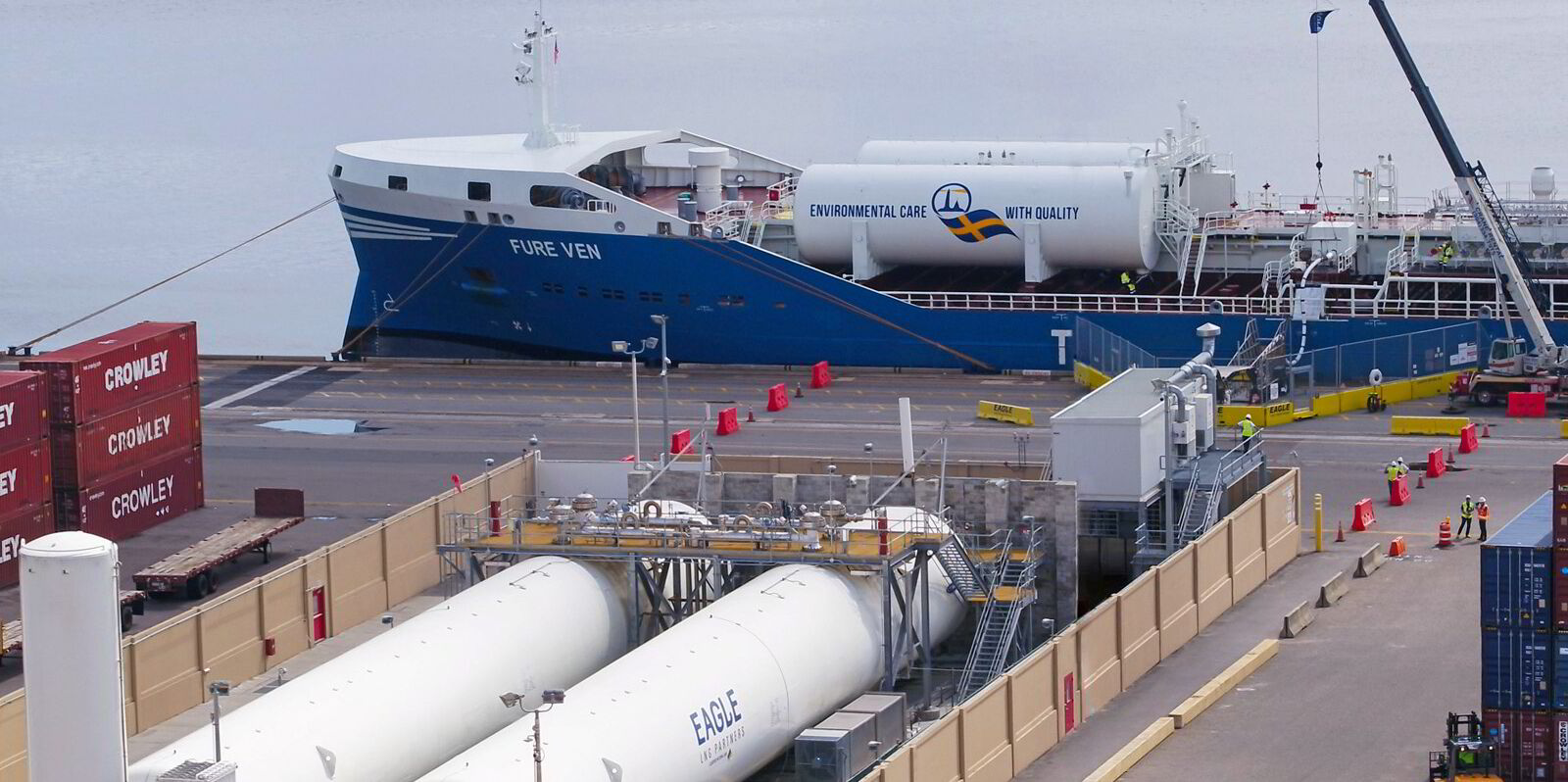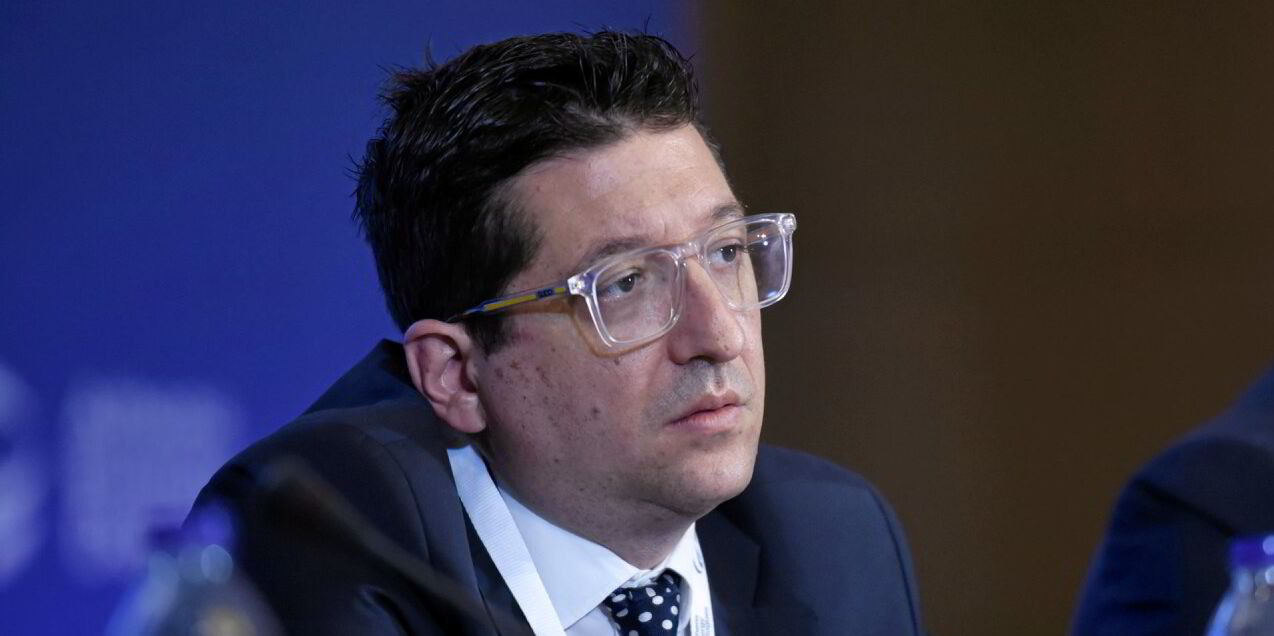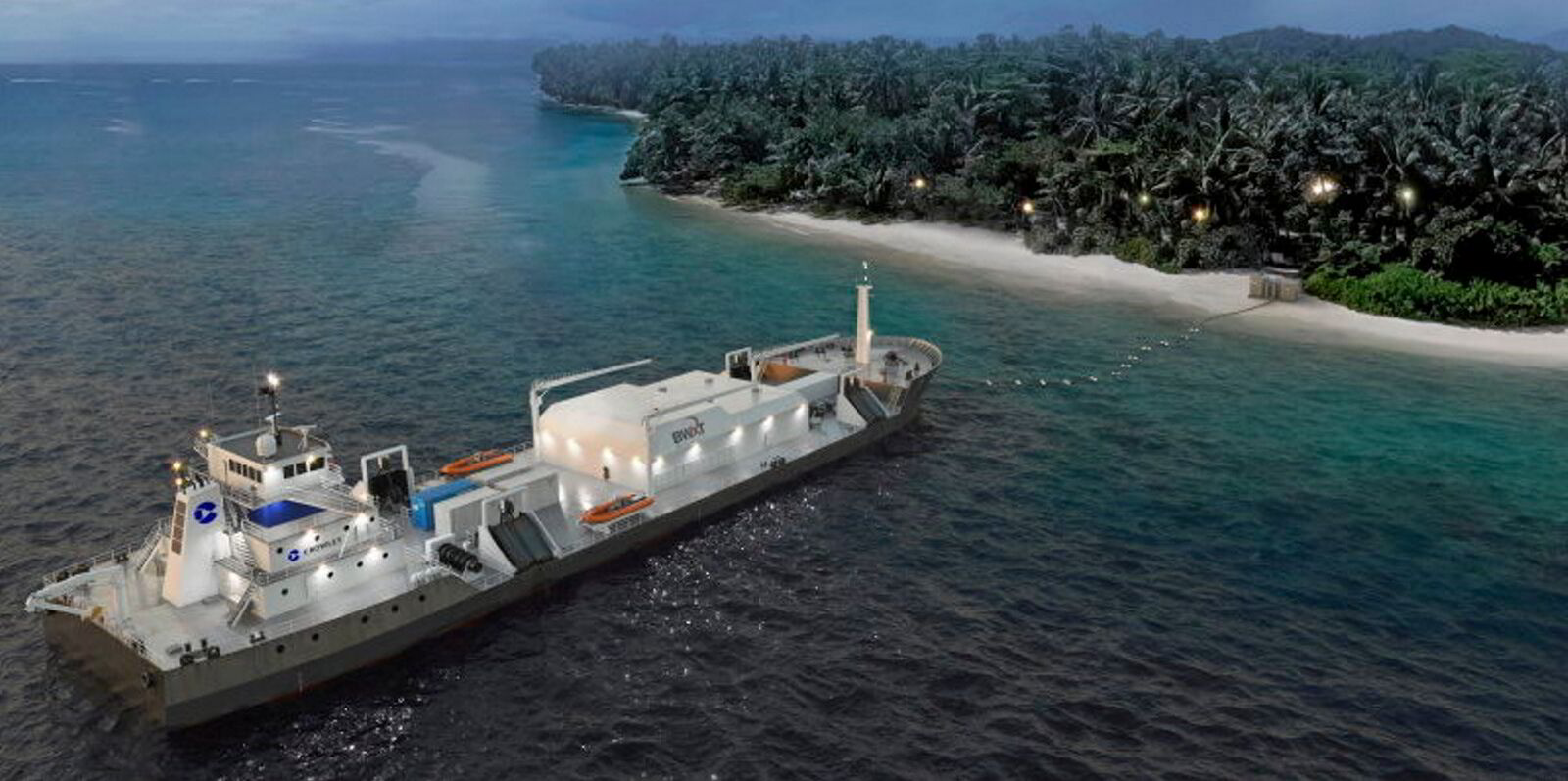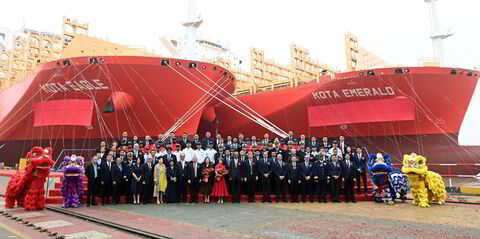Technology abounds for ships fuelled by LNG to tackle methane emissions, but the industry needs regulation and standardised measurement to encourage uptake, according to a group formed to tackle the problem.
The conclusions by the Methane Abatement in Maritime Innovation Initiative (MAMII) emerge out of a two-year process to research solutions for the emissions that have become the key criticism of LNG as a fuel for shipping.
The group warned that if no unified system is established to measure emissions of methane from LNG-fuelled ships, it will slow progress on tackling the potent form of climate pollution.

Led by the Safetytech Accelerator spun off from classification society Lloyd’s Register, MAMII is made up of some of the biggest names in LNG-fuelled shipping, including Evangelos Marinakis’ Capital Gas, cruise giant Carnival Corp, container shipping titan MSC Mediterranean Shipping Company and energy major TotalEnergies.
Chairman Panos Mitrou, who is also Lloyd’s Register’s gas segment director, said technology options available to reduce methane slip exceeded the group’s expectations.
“It’s clear that with informed and early decision making, we have the tools to abate methane,” he said.
“Yet, without a universally accepted certification method or regulatory framework providing business-critical incentives, the progress and adoption of these technologies will face significant delays.”
The group said it is developing measurement guidance but urged more industry collaboration to come to a universal standard.
Capital Gas
Carnival Corp
Celsius Tankers
Chevron
The Cool Company
JP Morgan
Knutsen Group
Lloyd’s Register
Maran Gas Maritime
MSC Mediterranean Shipping Co
Mitsui OSK Lines
MISC Berhad
NYK
Seapeak
Seaspan Corp
Shell
TMS Cardiff Gas
TotalEnergies
UK P&I Club
United Overseas Management
Although LNG fuel reduces CO2 emissions from ships, it is mainly methane, which has a way of leaking into the atmosphere while on board vessels and in the upstream supply chain.
Methane is a far more potent greenhouse gas. MAMII noted that one tonne of methane will warm the planet as much as 28 tonnes of CO2 over 100 years.
The Safetytech Accelerator said the industry needs more data to assess the level and impact of methane slip from ships. Many different units are in use to measure how much of the gas is emitted from engines and what its global warming potential is.
Plus, the measurement of engine emissions in testing does not always match up with real-world conditions.
Modern engines operating at optimum load can have low methane slip, but can be higher in other situations, for example. Older engines can face bigger problems.
“MAMII is already taking action on these critical fronts by developing measurement guidance, lining up trials and adapting the most promising solutions for use in a marine environment,” the Safetytech Accelerator said.
The group also urged regulation to tackle methane emissions in shipping.
“A robust and clear framework centred around technology will facilitate faster uptake of solutions,” the Safetytech Accelerator said.
“Ambition must be high and well defined, with a target to minimise emissions, regardless of origin, throughout all maritime operations.”

Industry players need to consider technology beyond abatement in combustion, including shaft generators, it said.
“There are more potential solutions to the abatement problem than previously expected, ranging from combustion improvement and post-combustion treatment to hydrogen blending,” the company added.
“Despite substantial projected progress in methane performance, the cost and complexity of abatement are key risks. As solutions progress towards maritime adoption, it is important to prioritise adoption incentives and regulations that encourage technology use.”
The group said integrating methane into regulatory schemes will help the viability of methane abatement technology, as well as uptake by shipping. And it would make methane performance a key design parameter and trigger solutions for converting existing engines.
There is still room for more technology improvements.
Asked what is the most important thing shipping needs to tackle methane emissions, Carnival Corp chief maritime officer William Burke suggested two.
“First, work with engine manufacturers to modify engines to improve combustion,” he told TradeWinds. “Second, evaluate engine exhaust after-treatments.”




